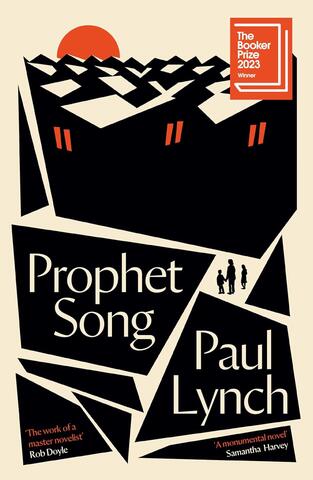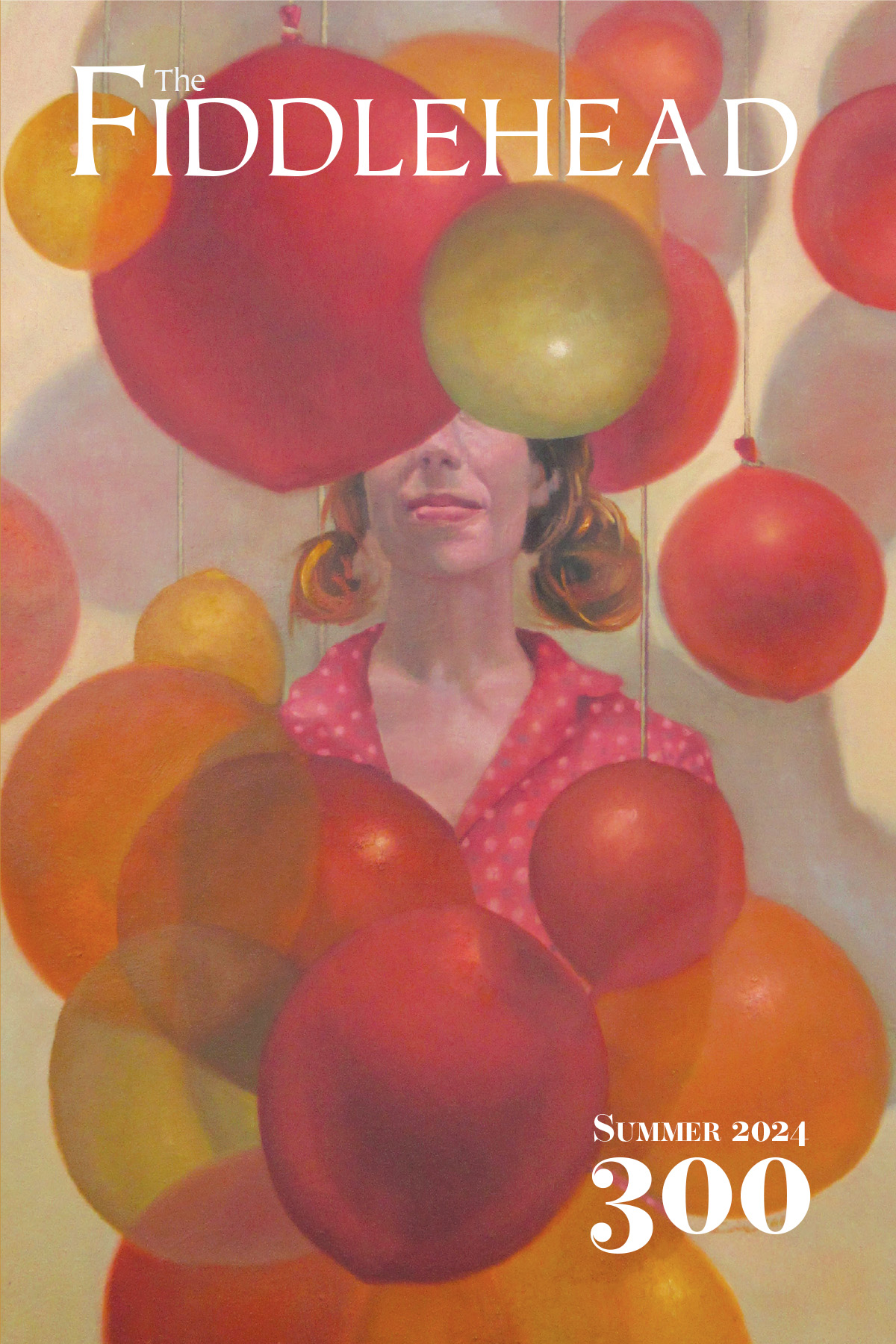
I realize that, if the purpose of this column is to surface works its readers haven’t immediately heard of, picking the most recent Booker Prize winner misses the mark. That said, Paul Lynch’s Prophet Song is just that good. More critically, it’s an important artifact pointing up the exhaustion of the threadbare neoliberal consensus that dominates much of “developed” democracy.
To the first point, Lynch’s sentence-level style is an absolute pleasure to read: rich even when describing the mundanity of the suburban Irish kitchen or shopping center, and devastating in its simplicity when describing horror.
To the second point, Prophet Song narrates the experience of a mother attempting to keep her family intact as society crumbles around them. The political specifics of how Ireland descends into fascism occur in the background; the larger point is how these horrors are experienced by those they’re forced upon. And in doing so, Lynch inverts the pernicious narrative of refugees from the Global South overwhelming “Western” democracies and somehow deserving less than the most basic compassion. While anti-immigrant rhetoric is de rigueur in major political parties everywhere in the Global North, Lynch imagines the refugee experience from the perspective of the 21st-century Irish middle class. My hope is that such a novel winning the Booker Prize popularizes a much-needed counterweight to the neoliberal consensus that refugees are motivated by anything but a fear that your average Western voter will, hopefully, never experience.
— Gregory Jones studied literature and history while growing up in Pennsylvania and Wisconsin. He lives in Albuquerque by way of Philadelphia and Baltimore. His work has appeared in Ligeia, Blood Tree Literature, and The South Shore Review.
You can read Gregory Jones' story in Issue 300 Summer Fiction 2024. Order the issue now:
Order Issue 300 - Summer Fiction 2024 (Canadian Addresses)
Order Issue 300 - Summer Fiction 2024 (International Addresses)










